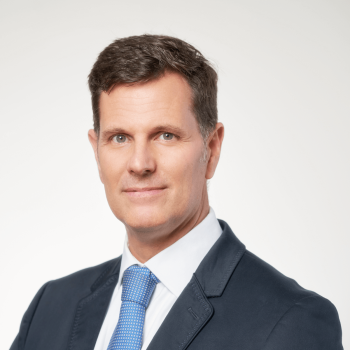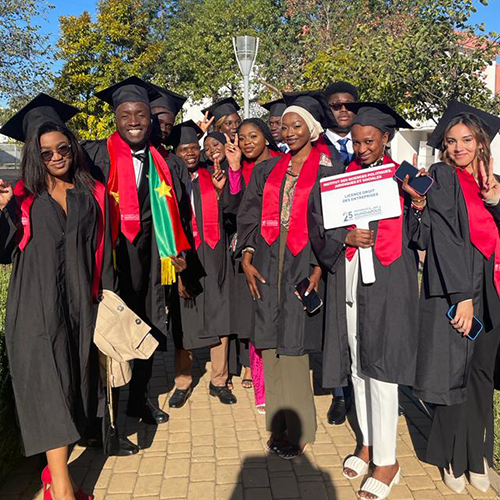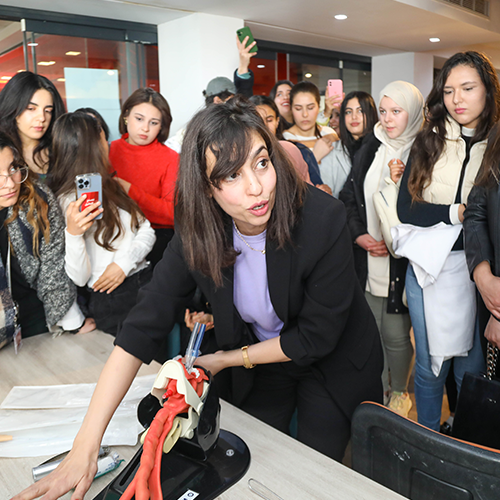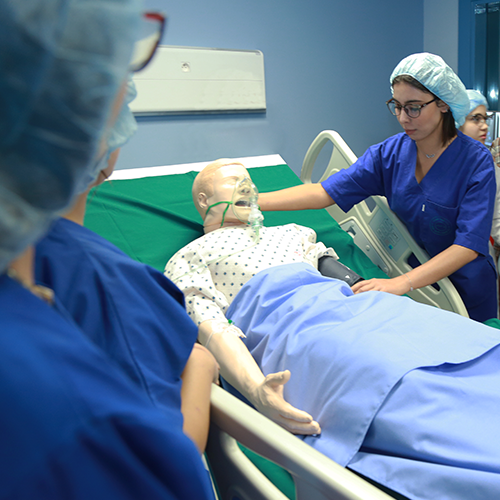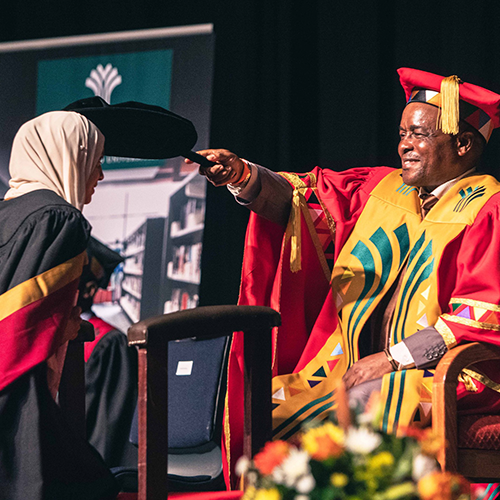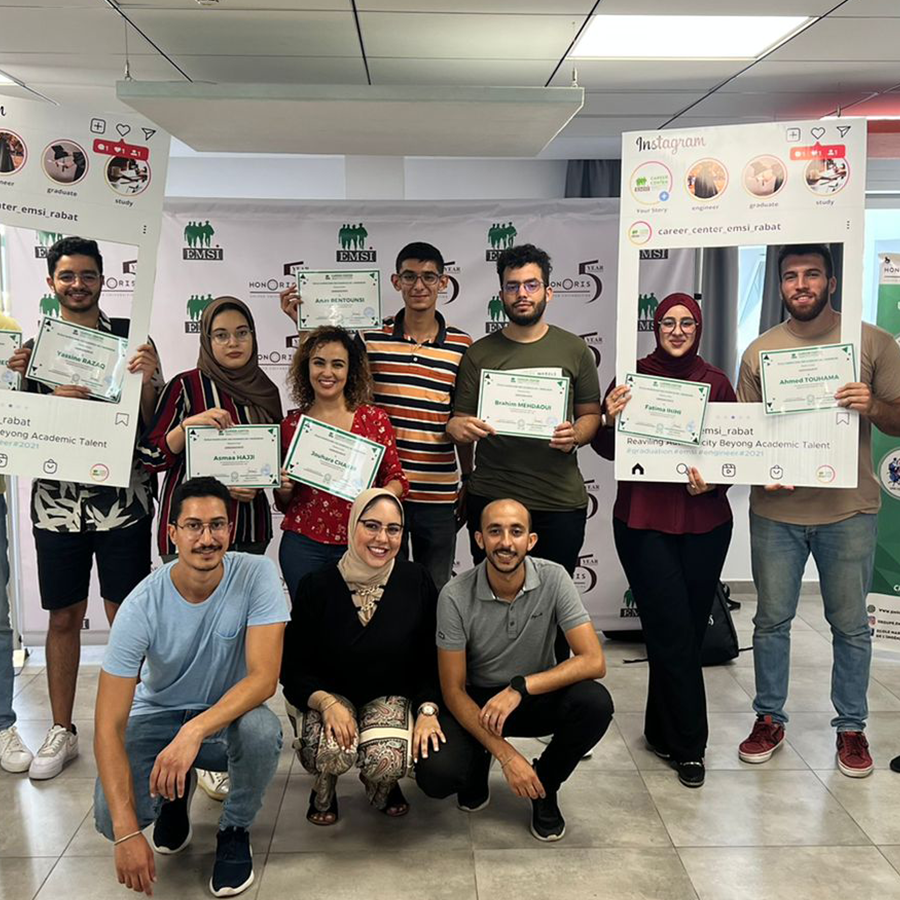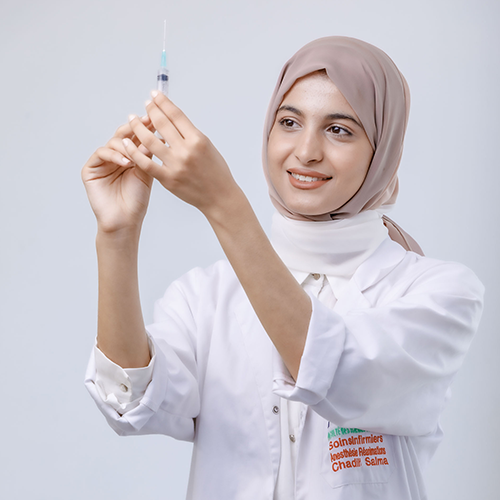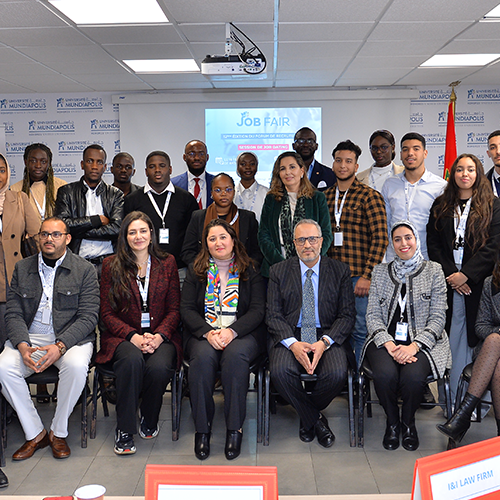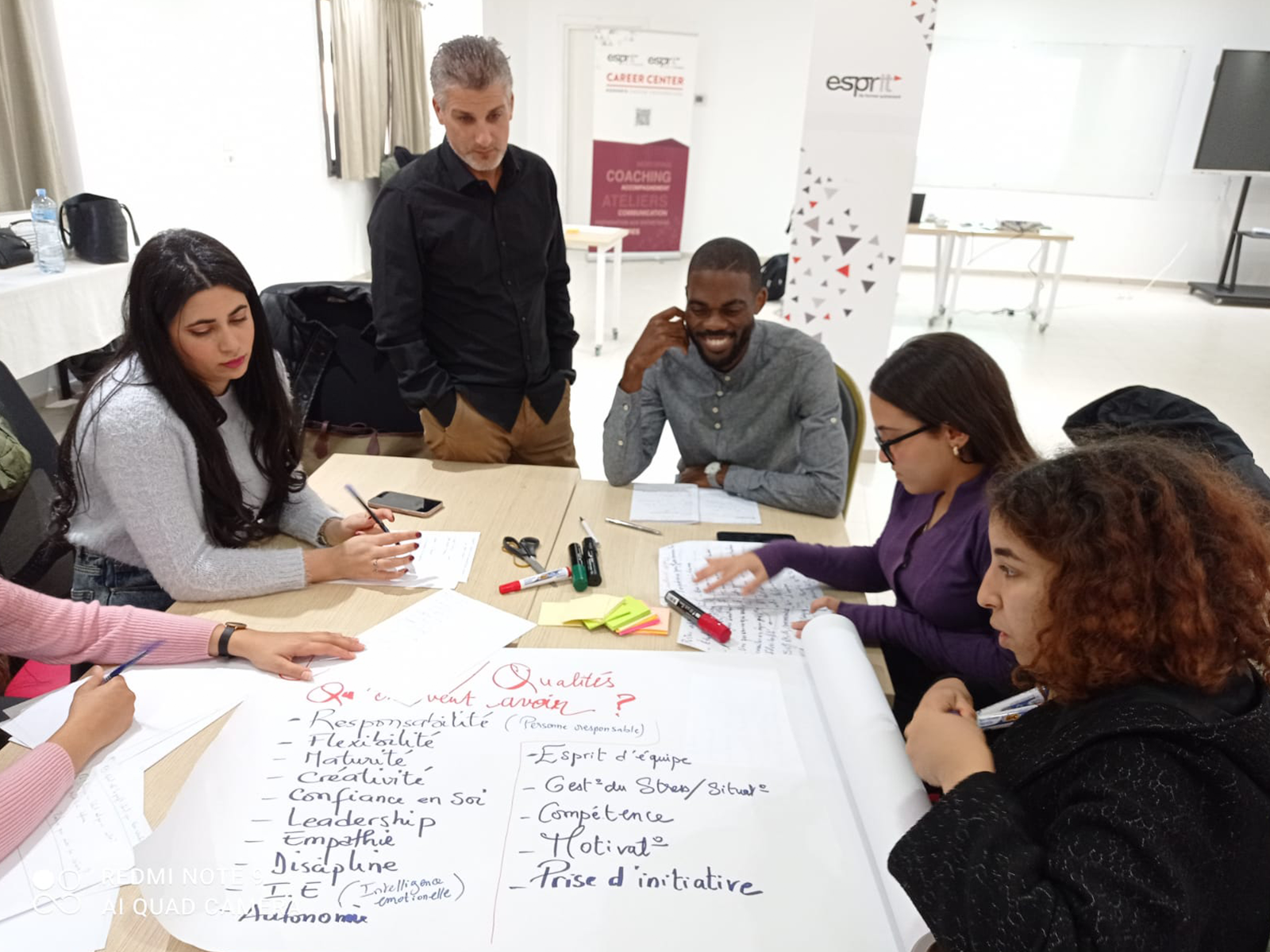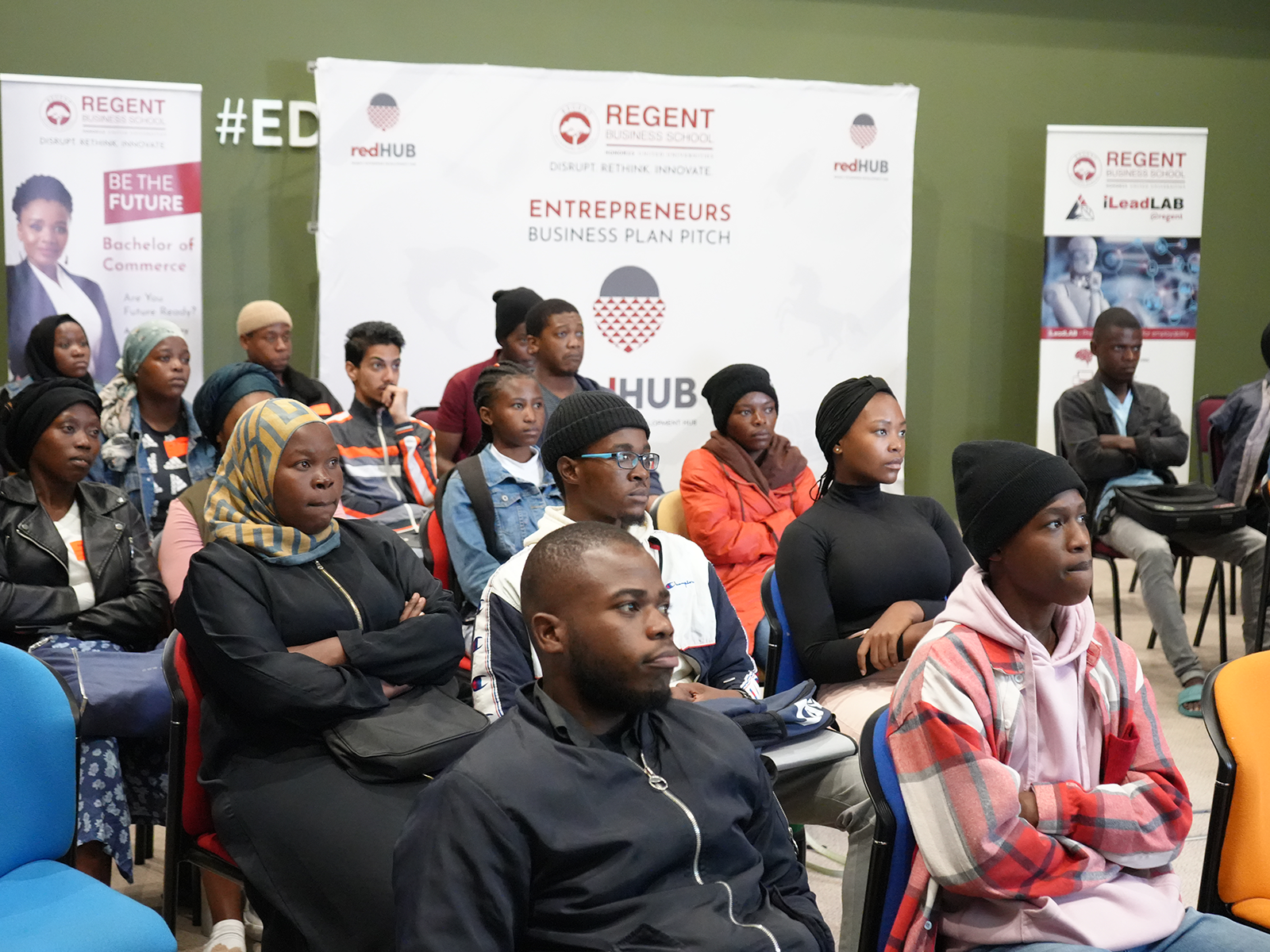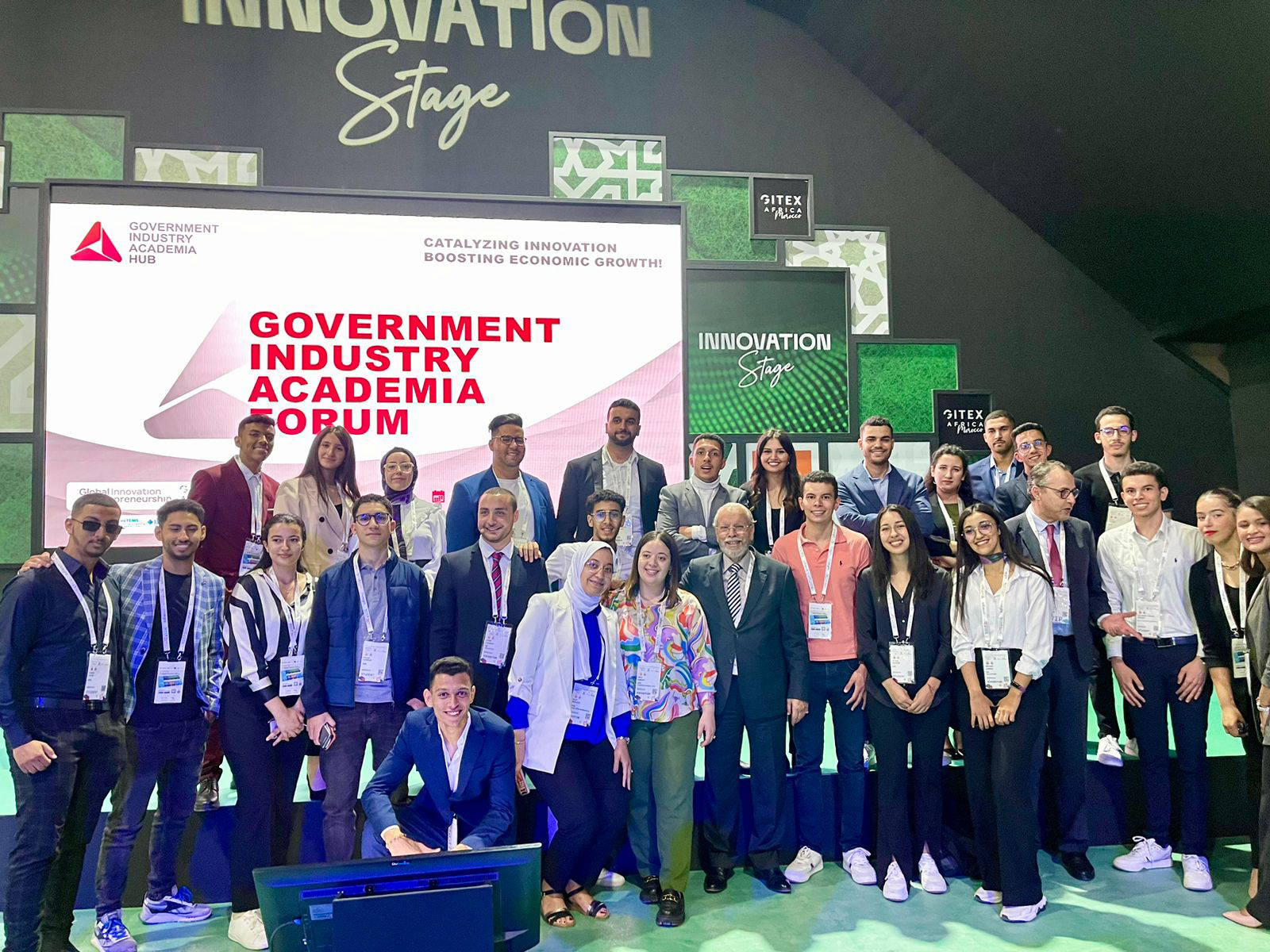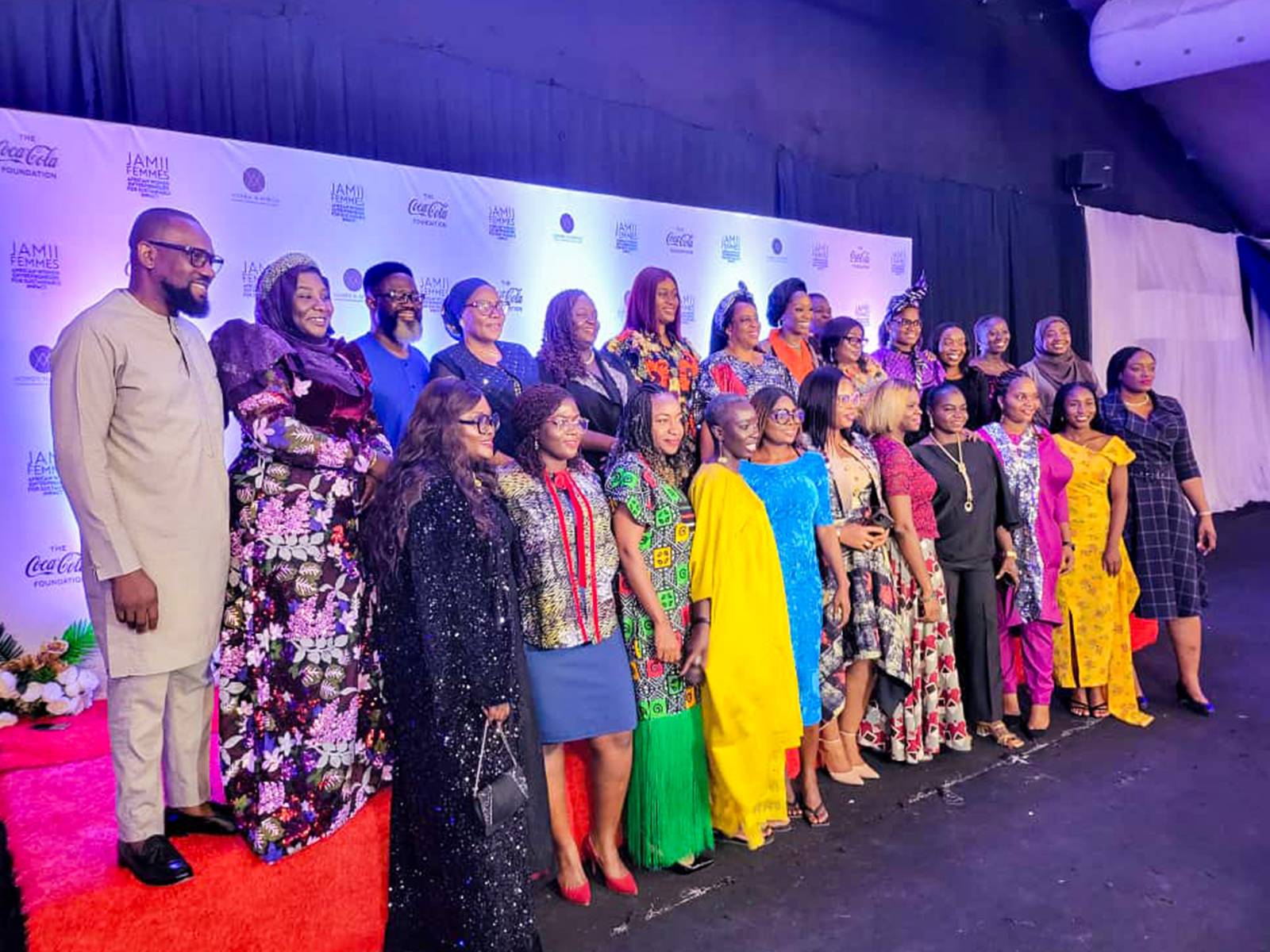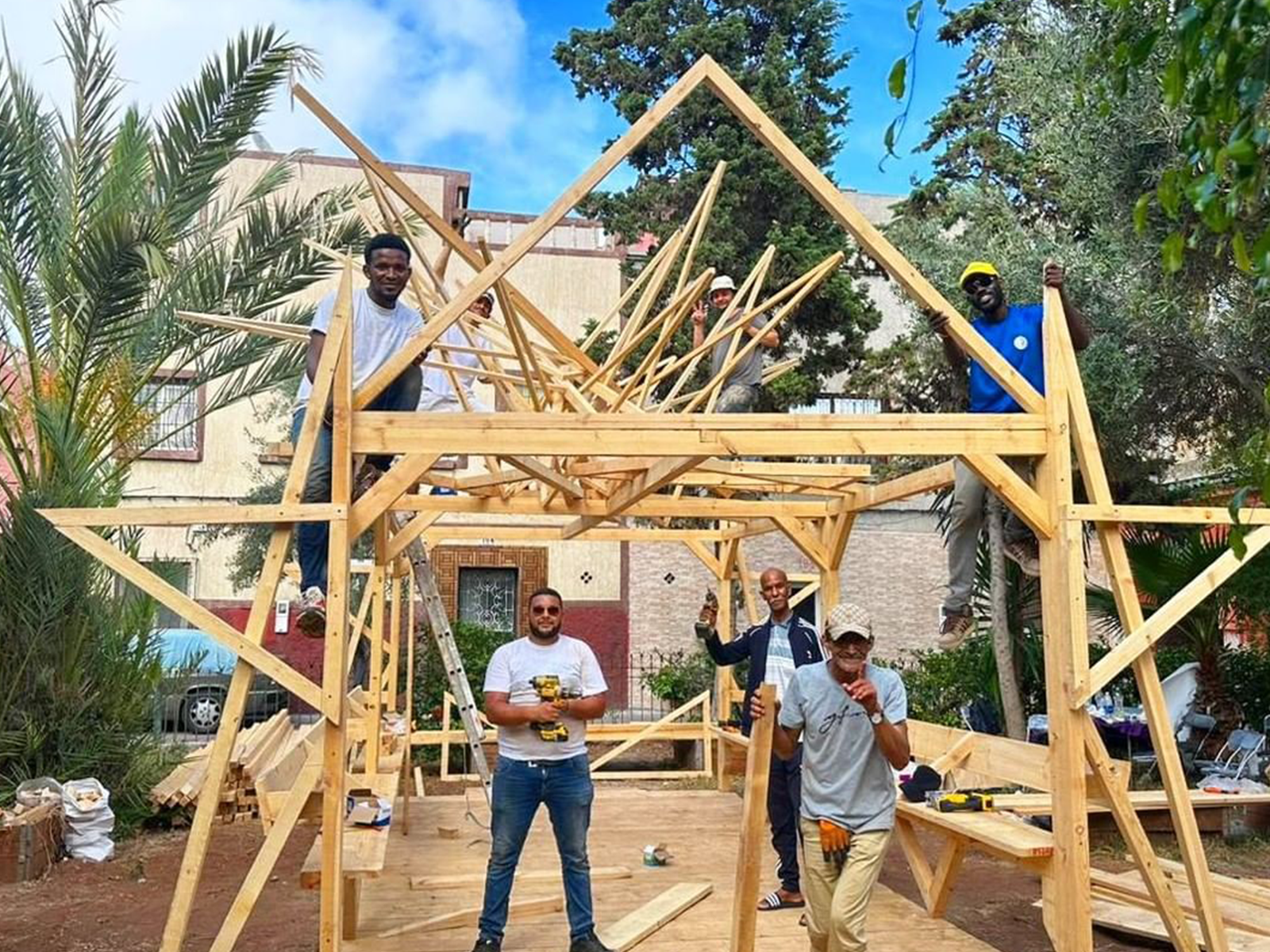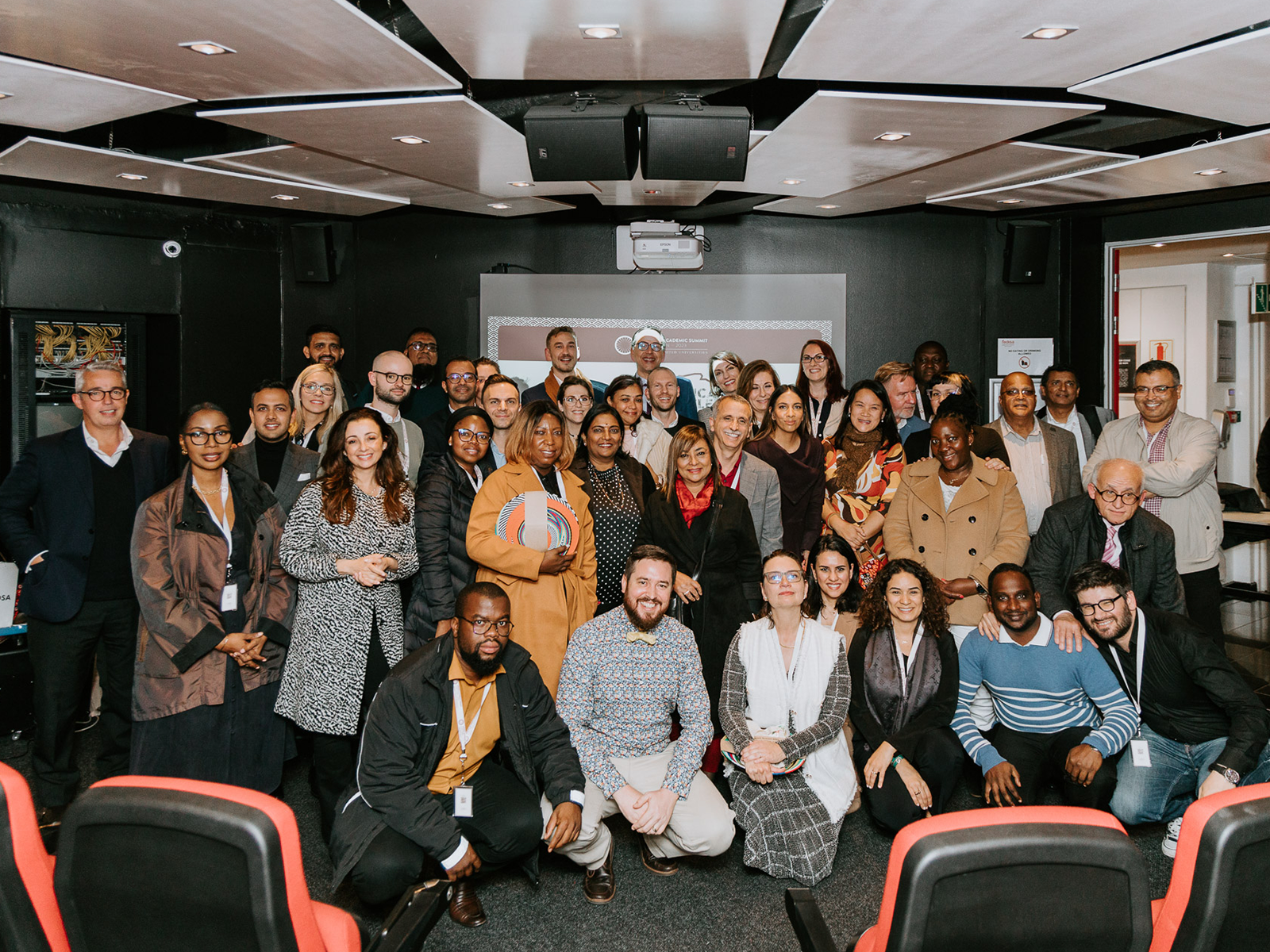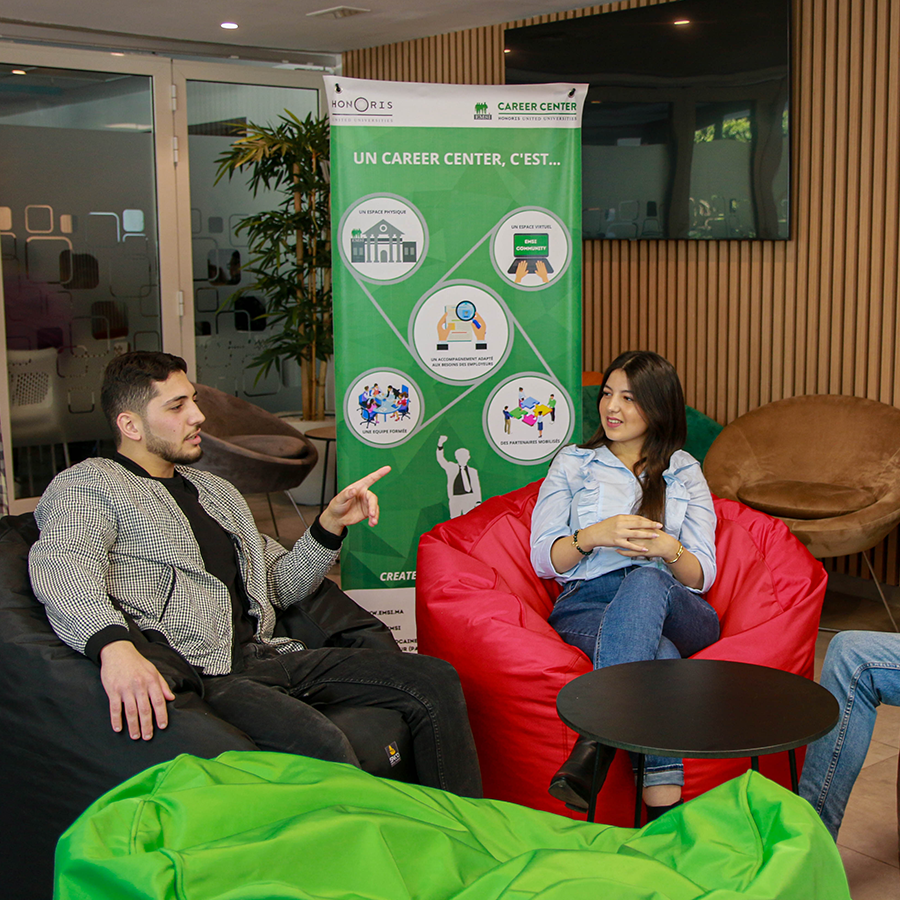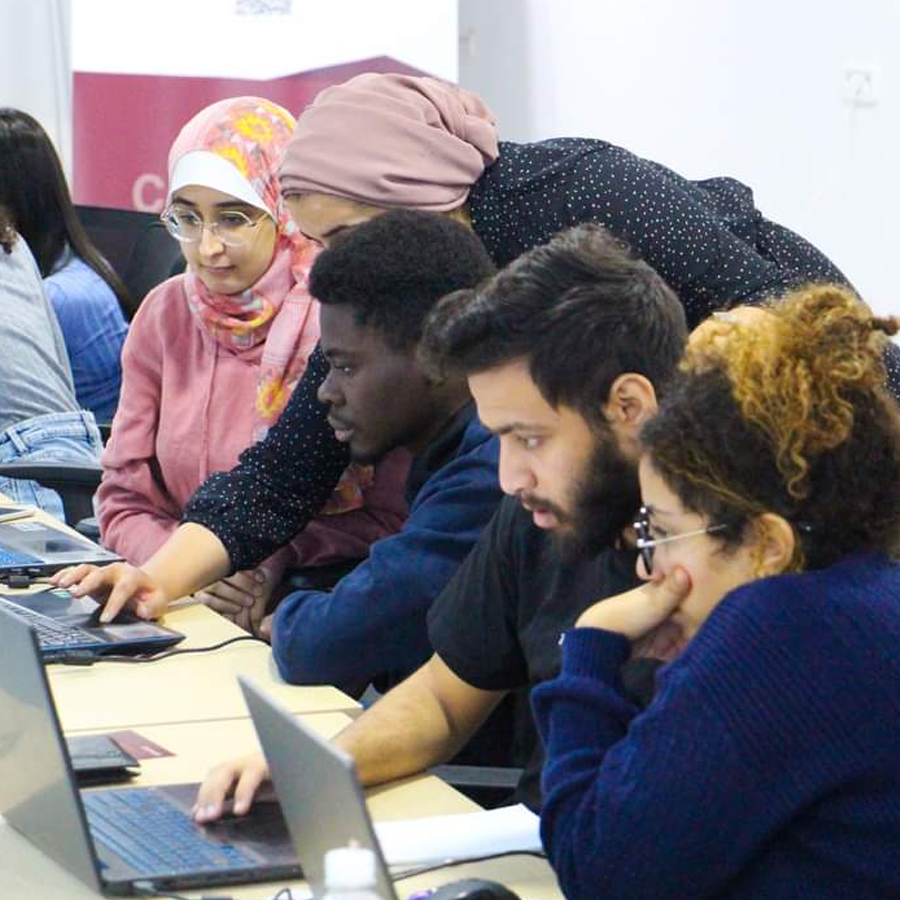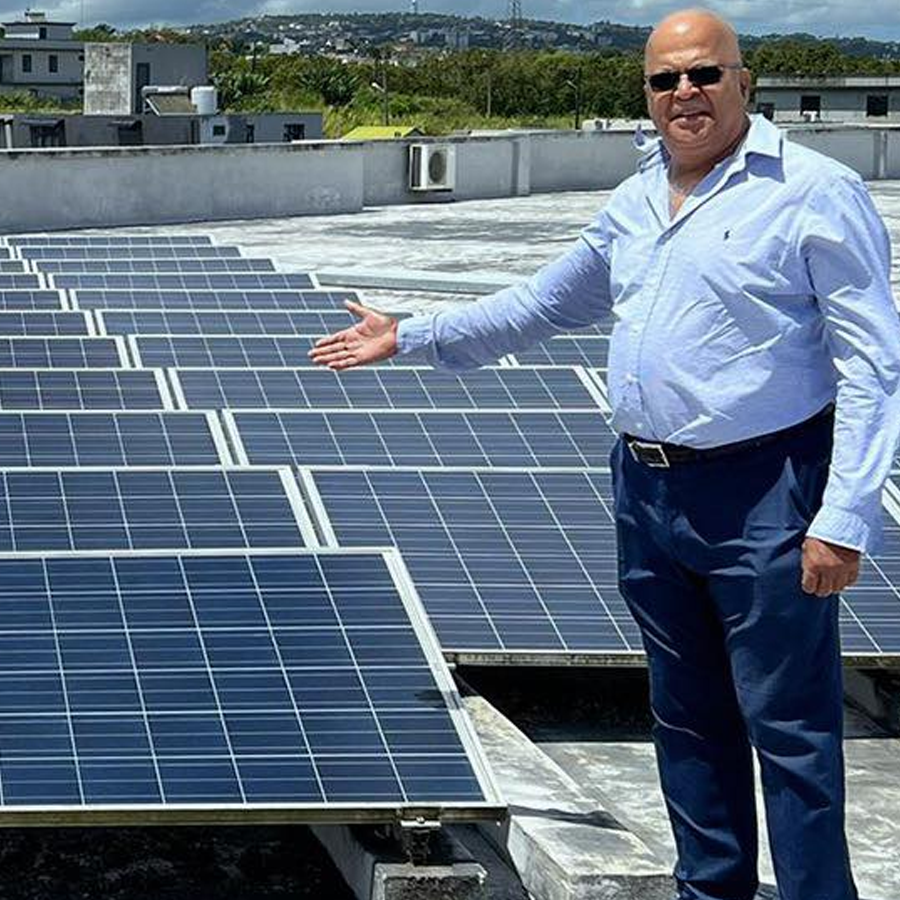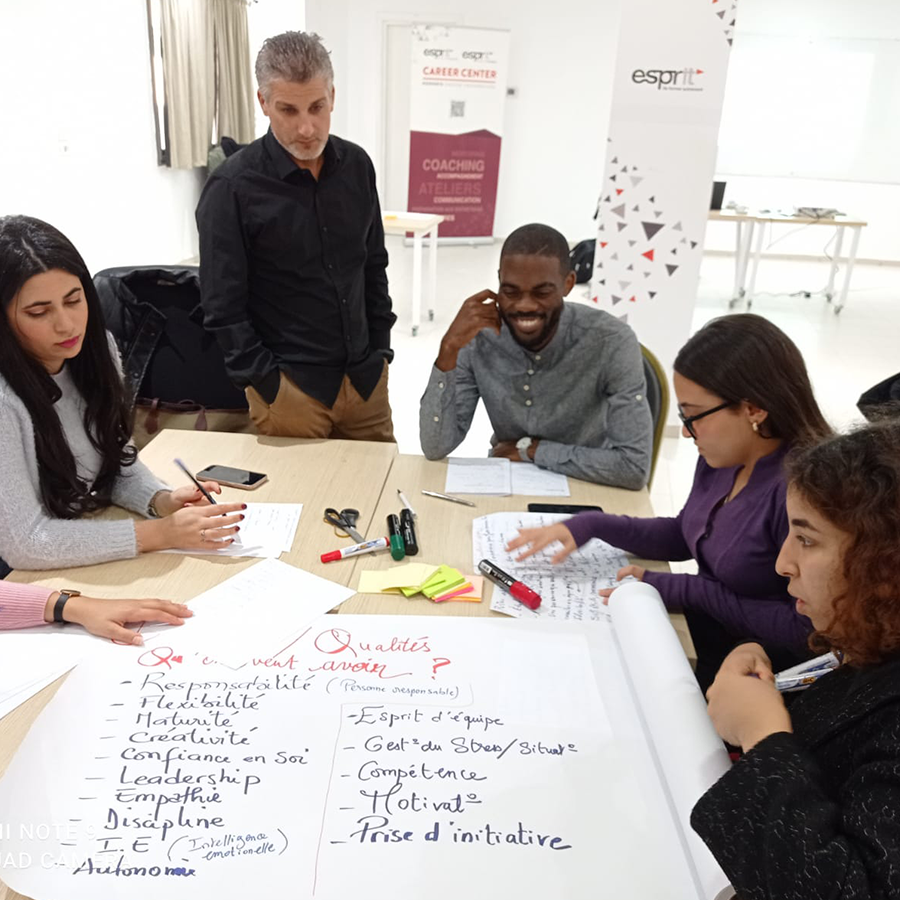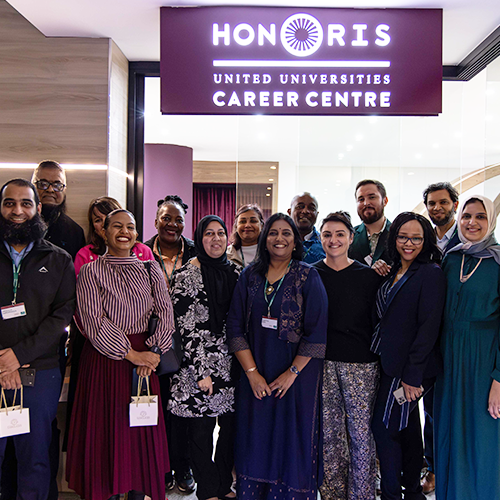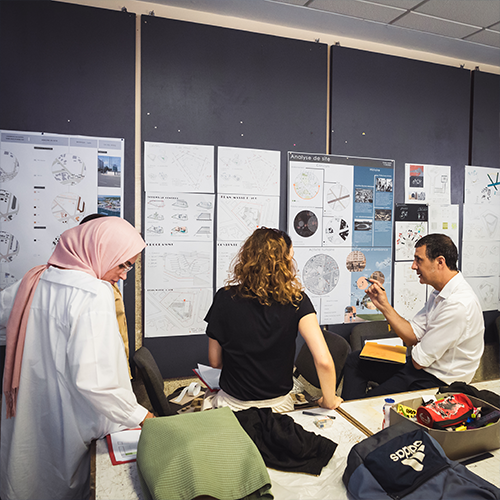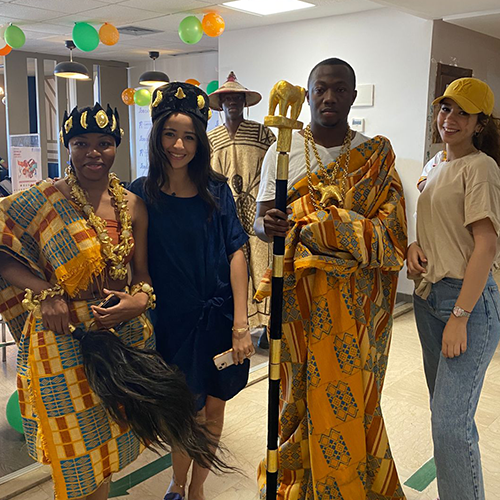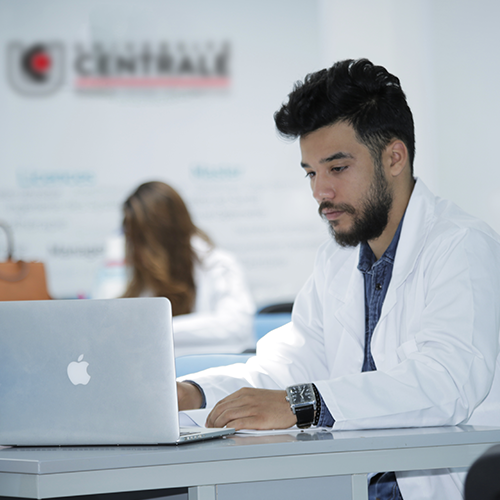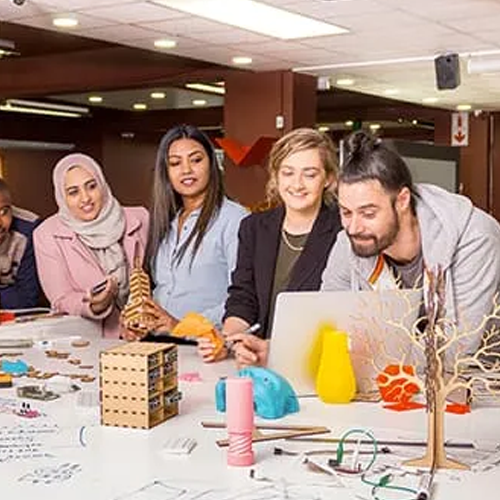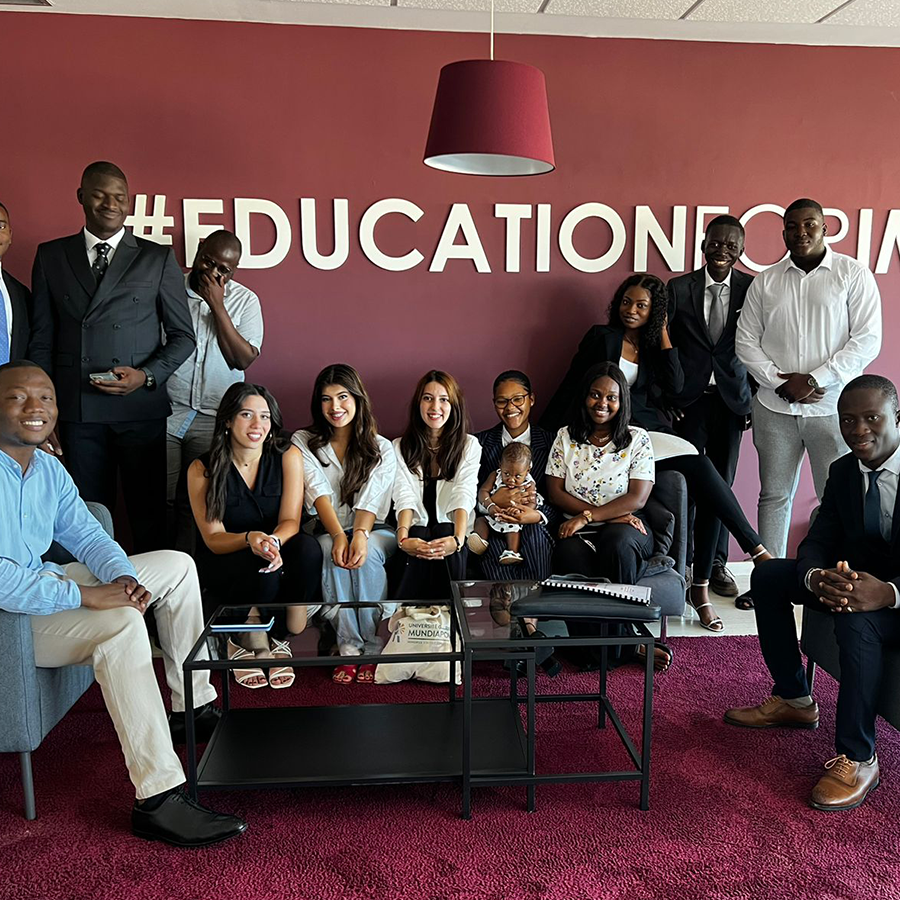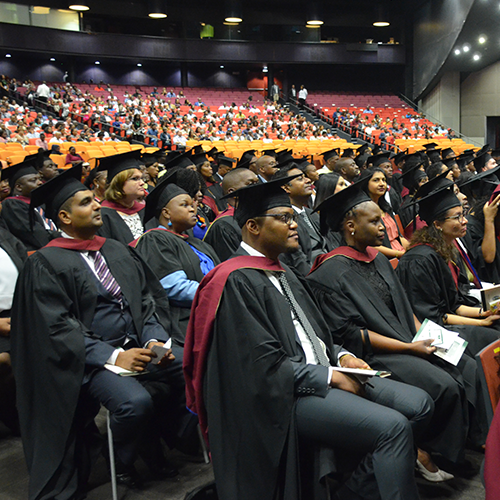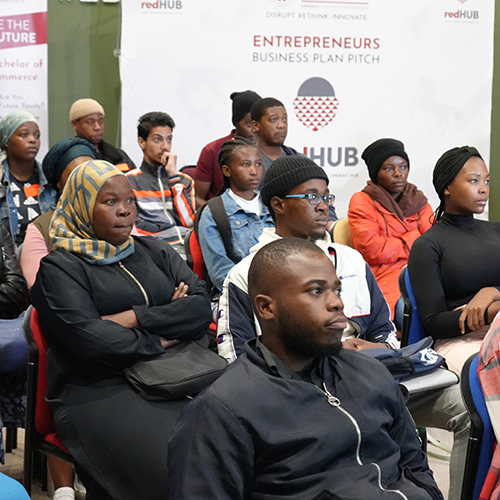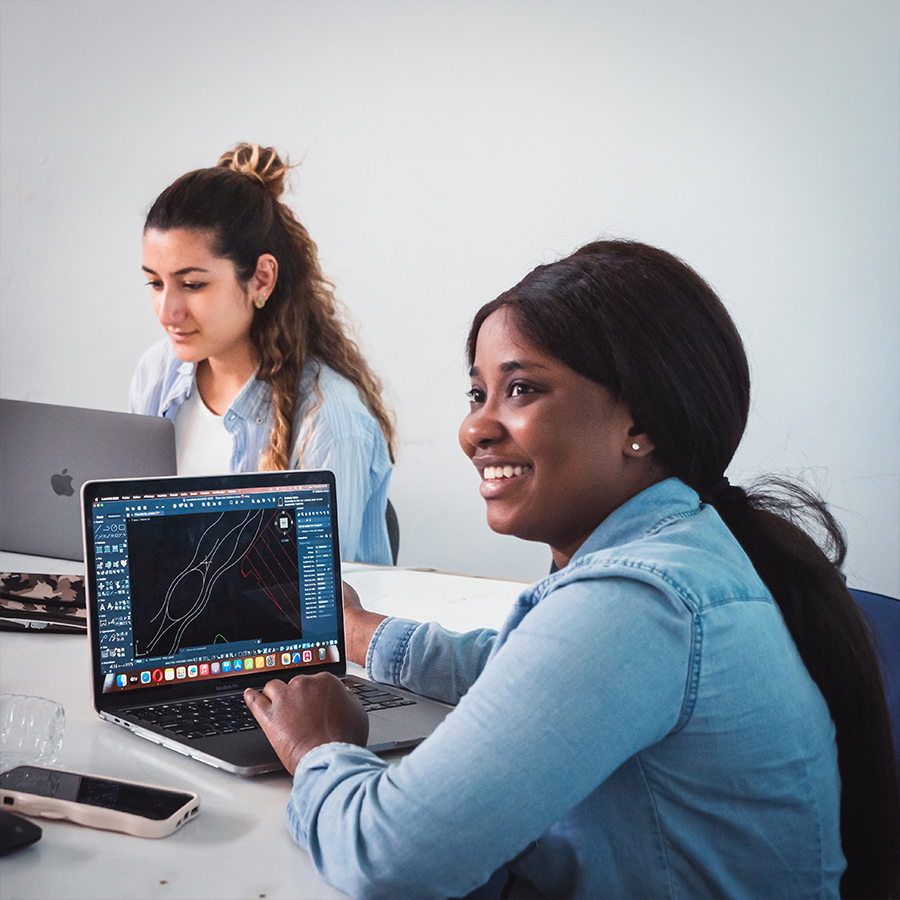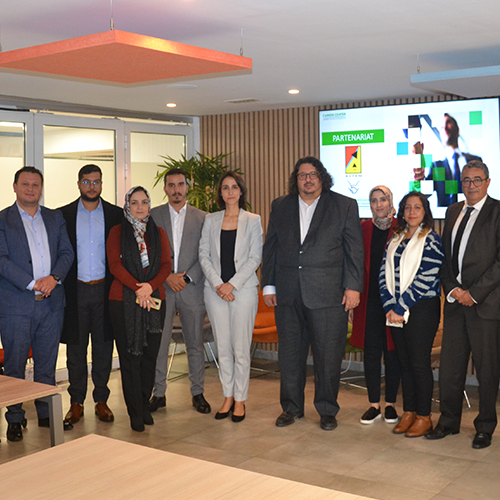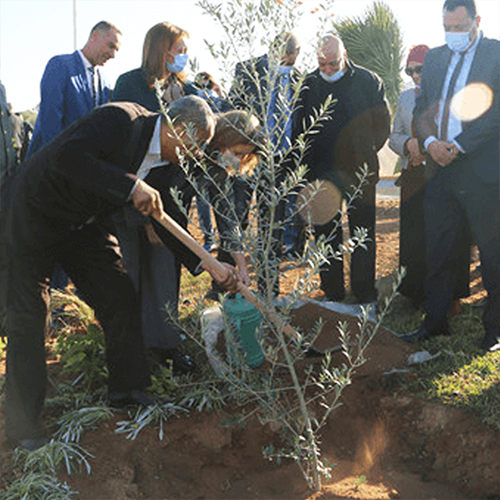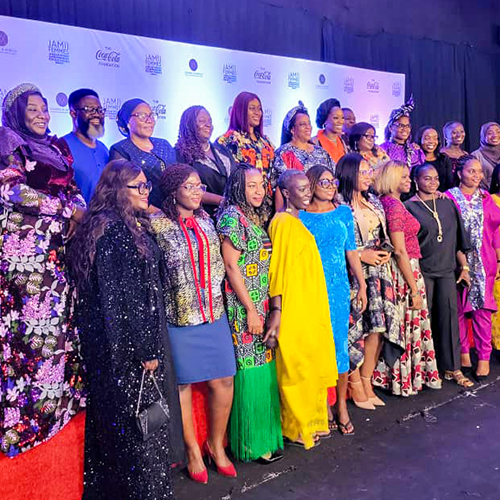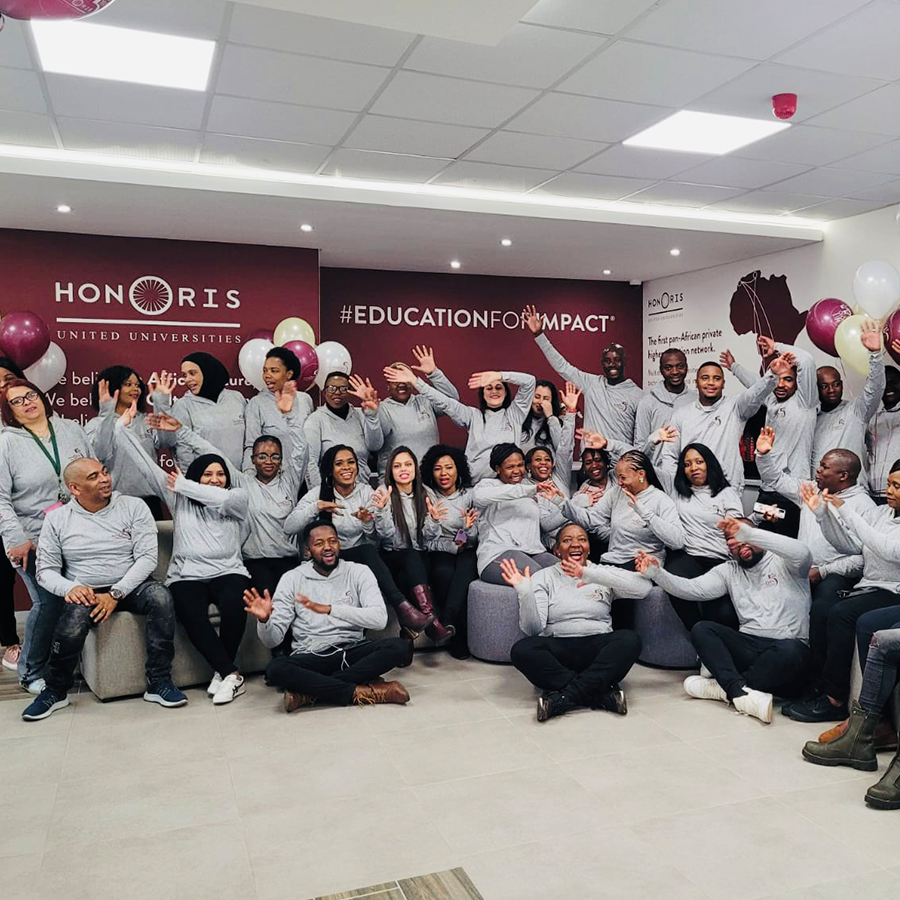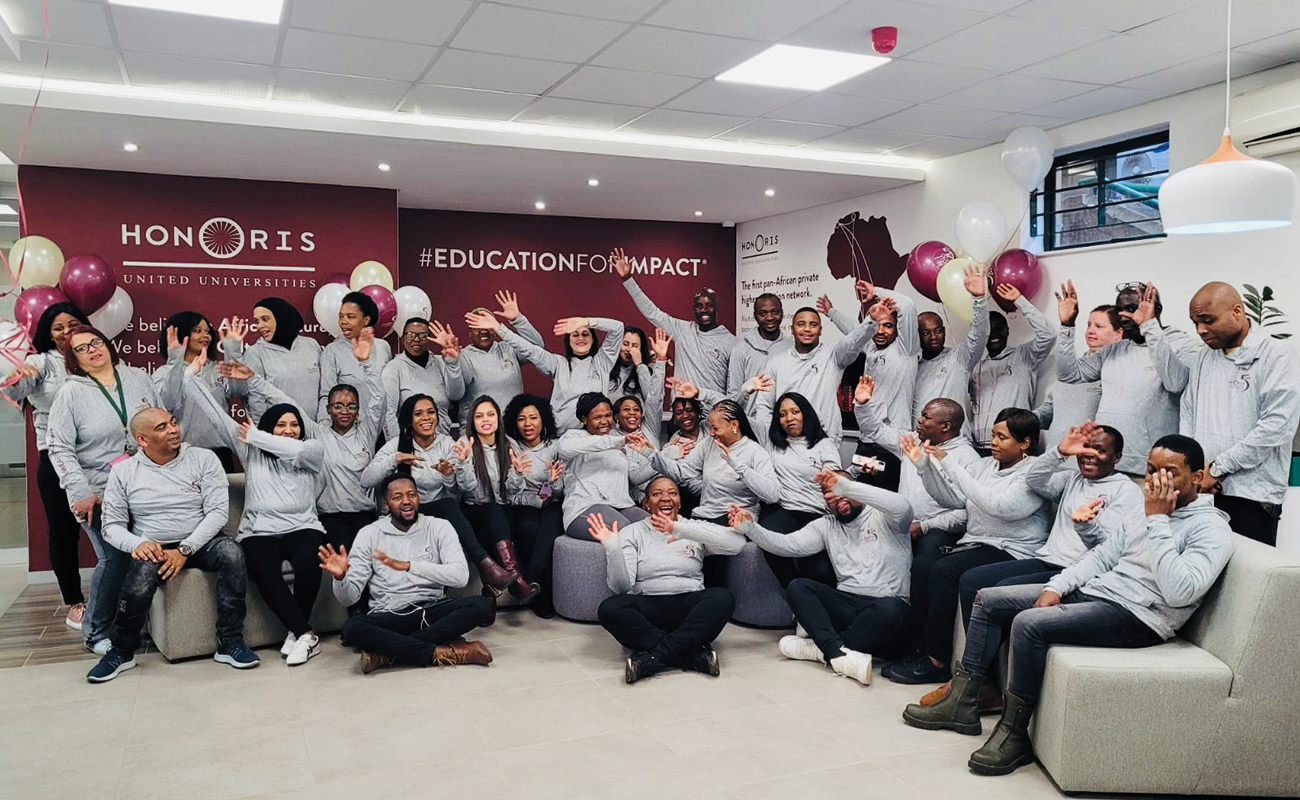
We are proud to share our second Annual Impact Report, a comprehensive update on our progress and commitment to driving meaningful change in Africa.
Our Impact Score once again demonstrates that Honoris delivered transformational progress in Quality Education; Employment Access; Gender Equality; STEM Education, and Clean Energy.
It is with great pride that we are pleased to reveal that we have reached a significant milestone, by transforming 1 million lives across Africa through our network of 15 higher education institutions.
2022 was an exceptional year for Honoris, emerging as the winner of the World Economic Forum New Champions Award for Excellence in Adaptive Capacity, proving our agility and resilience to external change, and demonstrating our ability to adjust and thrive in a new normal.
Further examining our progress across our six core impact pillars, this report is a testament to our integrity, accountability, and genuine responsibility towards society, as we continue to provide relevant education for the lifetime success of our students.
Quality of Learning is core to how we empower our learners to thrive in a rapidly changing world.
Our academic models promote engaged learning, leading to an 88% student success rate, and a further decrease in our attrition rate. Our diverse offering welcomed 27 new programs in 2022, whilst our focus on providing skills for the future of work saw a further 23,000 learners trained on our 21st Century Skills Certificate.
Our pioneering Medical Simulation Center in Tunis remains one of the first centers of its kind in Africa to be accredited by the US-based Society for Simulation in Healthcare.
Graduate Employability remains integral to our impact, and we are proud that 83% of the 22,000 Honoris graduates gained access to the job market within 6 months. Whilst assessing the value of their education and upon entering the world of work, students rate Value for Money at an encouraging 81%, an increase from 79% in 2021.
We doubled the number of employers in our ecosystem to over 800 partnerships in multiple industries at both local and global levels providing recruiting, work-integrated learning, and talent-sourcing services, while promoting entrepreneurship and innovation.
We continue to embrace Innovation as a driving force for societal and economic growth, deploying a deliberate and adaptive approach to testing, learning, and scaling solutions.
Harnessing our open innovation strategy, our institutions piloted new academic models reaching 33,000 students, including more than 2,000 health students across Tunisia who benefitted from transformative adaptive learning techniques.
We remain committed to improving living and working conditions for Communities in Africa by focusing on capacity building in high-growth employability sectors such as STEM, whilst applying strategies to support SDG5: gender equality.
We increased the number of female students in STEM by 1,300, an 11.4% increase on last year, and further increased total STEM enrolments to over 30,000, a sizeable 48% increase.
With majority female employee and student populations, we are proud to continue supporting organizations that empower women and close the gender gap, such as UN Women, Orange Maroc, and Women In Africa, which welcomed the first cohort of 7,000 women entrepreneurs in 2022.
We are also convinced that promoting Sustainability and addressing global challenges will build a more inclusive world for future generations. We continually integrate Environmental, Social, and Governance practices into our institutions to support the United Nations Sustainable Development Goals.
We are proud that SDG7: Affordable and Clean Energy, is now among the 12 SDGs that we contribute to, through various initiatives across the network that reduce our carbon impact and inspire our students to take proactive roles in achieving the Goals
The power of the Honoris Network remains one of our greatest strengths in working to transform lives across the continent.
In 2022, we welcomed the pioneering FEDISA Fashion School, South Africa’s leading fashion and design institution, into the network, illustrating our investment in the future of African talent by strengthening the Creative Arts, Fashion, and Design vertical across the group.
With significant growth in our student numbers from 61,000 in 2021 to 72,000 in 2022, we are proud to continue fostering pan-African unity to support the African Union’s Agenda 2063: The Africa We Want.
The future for every sector across the globe is one of volatility and rapid, constant change. On our journey to transform 2 million lives by 2028, we are committed to using this annual Impact Report as a standard for offering examples of success and promising practices of innovative, future-proof education delivery. We will continue to increase our dedication to transforming Africa’s economic prosperity through our Education for Impact mission, building a more sustainable, inclusive, and prosperous future for all.
